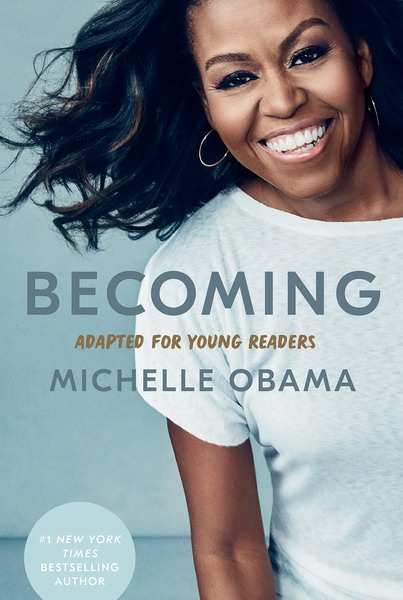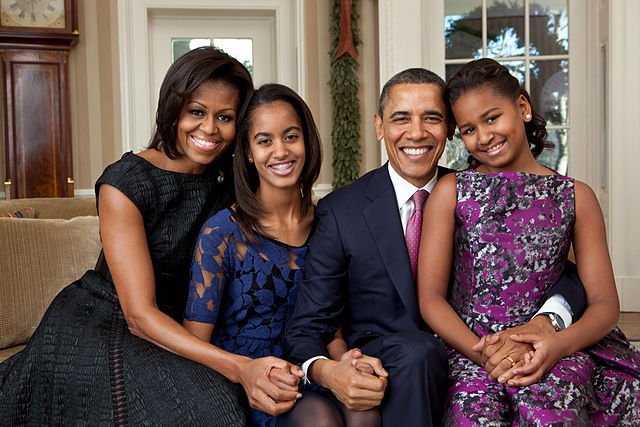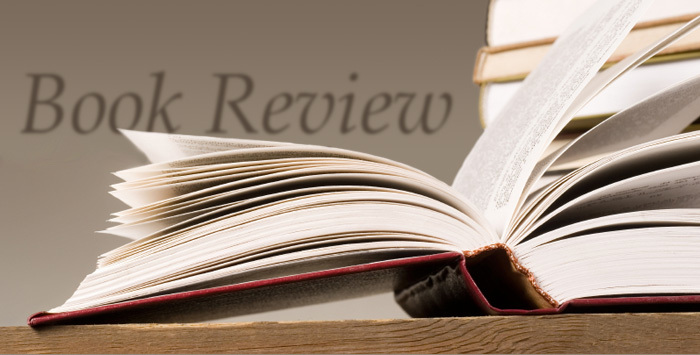Becoming by Michelle Obama
Reviewed by Michael Attard
Michelle Obama, born Michelle Robinson in 1964, has entitled part one of her book “Becoming Me.” She talks about her family and growing up in South Side Chicago at the end of the 1960s. At that time, everything in her life was within a five-block radius. Piano lessons were very close by. Her family was living on the second floor of her great aunt’s house, and Aunt Robbie, just downstairs, was the piano teacher.

The story is far from a mere recitation of the years from childhood to adulthood. Yes, we learn the answer to the question, “Who is she?” but more importantly, she wants us to grasp her message. It may seem facile for her to tell us that early in life, she came to realize that there was a correlation between how long she practiced the piano and how much she achieved, but it is an incipient insight into understanding life as a struggle.
As we struggle, all of us, regardless of our gender or the color of our skin, are confronted with the question, “Am I good enough?” Sometimes, this doubt is internal and other times it may come from friend or foe. A high school counsellor once said to Michelle, “I’m not sure that you’re Princeton material.” Michelle did not know why the counsellor said this, but that did not matter. The point is that all of us must think, believe, and proceed in life with the philosophy that “I am good enough.”
The concept of our worth will determine who we are and what we achieve. Another recurring line and reminder is, “Failure is a feeling long before it is an actual result.” Thinking that we cannot win before the fight begins will inexorably lead to defeat.
Unfortunately, many of life’s struggles are imposed upon us from without. Michelle does not shy away from the fact that one of the greatest struggles throughout American history was and still is race relations. Michelle realized early that a skin color other than white made her, her family, and others like her vulnerable. She recalls one summer when her brother got a shiny new bike, how the police stopped him on suspicion of theft, not being able to contemplate how a black boy could get such a bike honestly.
Then there was the day her family visited friends in a new white community, only to discover when leaving that their car had been keyed. Michelle does not need to say it directly – her indignation is infused into the facts.
She later said, “In high school, I felt as if I was representing my neighborhood; now at Princeton, I was representing my race.”
She has called the second section of her book “Becoming Us.” It is no surprise that a good portion of her story revolves around Barack Obama and his political career. And yes, there is a recounting of the campaigns from state senate all the way to the White House. However, through it all she maintains a focus on what kind of relationship she was looking for. The two of them came from very different family backgrounds. She says, “If her family was a square, then Barack’s was a more elaborate piece of geometry.”
Barack had his ambitions, but he saw marriage “as the loving alignment of two people who could lead parallel lives without forgoing […] dreams or ambitions.” Michelle accepted that there could be success in such an approach, but as she states, “I don’t believe that the pursuit of one person’s dreams should come at the expense of the couple.”
It is worth stating that Michelle had big dreams and high ambitions of her own, as may be expected of a graduate of both Princeton and Harvard Law School. This led to jobs in the City of Chicago’s mayoral office, the position of executive director for Public Allies, which helped people forge careers in public service, followed by associate dean at the University of Chicago.

Her daughters were born in 1998 and 2001. Barack would come home for dinner if he could. Michelle set a schedule and stuck to it. As she said, “I didn’t want them to believe that life began when the man of the house arrived home.”
After moving into the White House, family life in some ways became more orderly but not easier. There were many new roles to play, and she had to put up with continual pettiness and constant criticism. Michelle has called the third part of her story “Becoming More.” There was more to do for others, and it came as no surprise that there were more struggles, too. And just as when she had assumed the role of first lady, the haunting question of “Am I good enough?” resurfaced.
The book is written with a serious voice, but I found certain stories humorous. Michelle thought that the White House, full of antique furnishings, famous art, and inlaid designs was a bit “over the top.” But then she went to England and met the Queen.
Perhaps with a bit of dark humor, she says she did not really think about Barack’s safety during his time as president. After all, “Barack was a black man…. He could get shot just going to the gas station.”
Michelle gave her all with everything she had to grapple with. As first lady, she was perhaps thrust into situations and roles that she would rather have passed on, but through it all, she remembered who she was, maintained a focused purpose, and never forgot that she was good enough. No matter who we are, Michelle’s message to us is the same message she has for herself.
The Reviewer
Michael Attard is a Canadian who has lived in Gwangju since 2004. Though officially retired, he still teaches a few private English classes. He enjoys reading all kinds of books and writes for fun. When the weather is nice, you may find him on a hiking trail.




